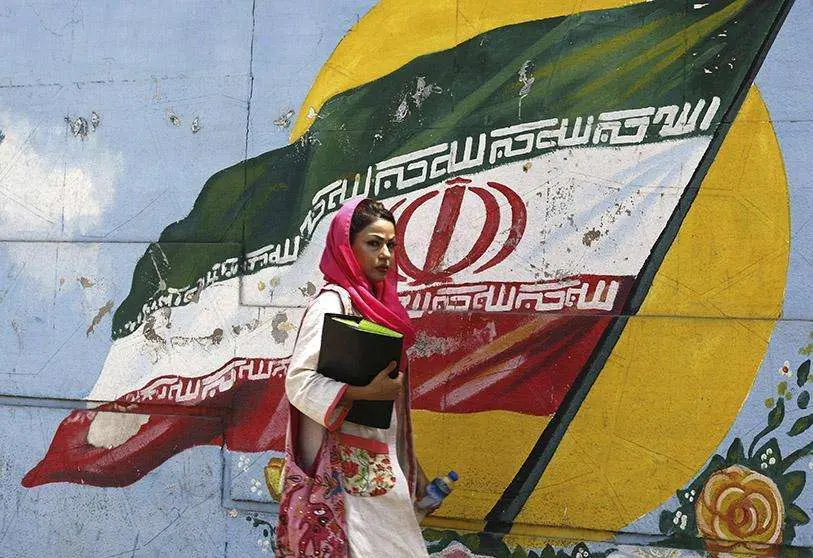Iranian women demonstrate in protest at the death of Mahsa Amini

The death of the young Kurdish woman Mahsa Amini, 22, after being arrested and beaten by the religious police in Iran for not wearing the hijab - a veil that is compulsory in Iran from the age of seven - has set the Iranian streets ablaze.
Despite the strong repression suffered by women in this country, hundreds of them have taken to the streets as a symbol of protest and repulsion for the death of Amini. The demonstrators chanted phrases such as "death to the dictator" and "kill for a hijab, how much more humiliation?" while many of them took off their hijab and held it up as part of their protest.
Women of Iran-Saghez removed their headscarves in protest against the murder of Mahsa Amini 22 Yr old woman by hijab police and chanting:
— Masih Alinejad ?️ (@AlinejadMasih) September 17, 2022
death to dictator!
Removing hijab is a punishable crime in Iran. We call on women and men around the world to show solidarity. #مهسا_امینی pic.twitter.com/ActEYqOr1Q
In one of these demonstrations, held in the west of the country in the city of Saqqez in front of the governor's building, the police dispersed the demonstrators using tear gas. According to reports, no injuries have been reported so far, while Iran's judiciary has reportedly launched an investigation into the cause of Amini's death.
After the triumph of the Islamic Revolution of 1979, which succeeded in overthrowing the Pahlavi dynasty and immediately after the establishment of the Islamic Republic, the hijab was made compulsory for women. At the same time, a body of 'moral police', known as the Gasht-e Ershad, was created to ensure that women wear the veil correctly. This security force has the power to impose fines and arrest people who "violate moral norms".
In 2017, a massive protest by women demanding not to wear the hijab prompted the Ayatollahs' government to impose even harsher and more repressive measures on women. However, the reformist Etemad Melli party urged Iran's parliament to amend the law requiring women to wear the hijab, which failed to pass.

From the most restrictive political supporters, all women who do not wear their clothes properly are considered "state criminals" and deserve to be tortured and flogged if they break the law.
In total, some 40 million women and girls in Iran live with the eyes of the state following their every step. Officers drive through the streets of the city every day and have the power to stop women who are deemed to be inappropriately dressed. In addition, if they stop them, they measure the centimetres of hair protruding from the hijab, the length of their sleeves and trousers, and the amount of make-up they are wearing.
Organisations such as Amnesty International have openly denounced this type of imposition in Iran as it would go against "the rights to equality, privacy and freedom of expression and belief and ultimately degrade women and girls, depriving them of their rights and self-esteem".
People of another city Sananda joined the people of Tehran and Saghez to protest against the killing og #Mahsa_Amini by hijab police.
— Masih Alinejad ?️ (@AlinejadMasih) September 17, 2022
People are frustrated and they want to be heard.#مهسا_امینی pic.twitter.com/Yit2y6qXFH
In addition to the death of Masha Amini, several women activists are currently in Iranian prisons. One of them is Nasrin Sotoudeh, sentenced to 38 years and six months in prison and 148 lashes for opposing the veil and protesting against these laws. In one of the trials, she was convicted of inciting "corruption and prostitution", stemming from her work as a lawyer for women who had been arrested.
Several humanitarian organisations point out the "seriousness" of Iranian laws that are against women, since not only do they oblige them to wear a certain dress code, but the state is openly defending violence against them.








